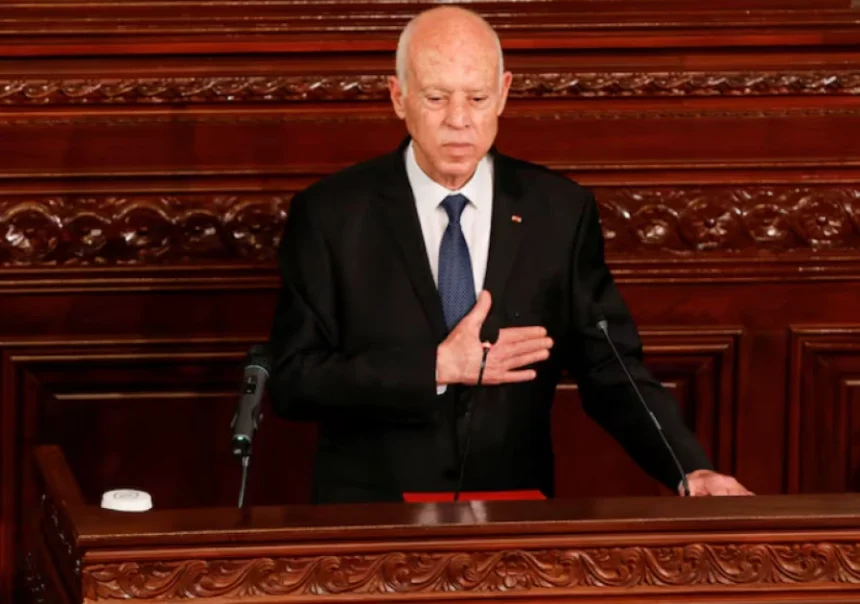When Keyboards Become Capital Crimes: The Legal Architecture Behind Tunisia’s Facebook Death Sentence
The recent death sentence handed to a Tunisian citizen for Facebook posts criticizing President Kais Saied represents more than just another case of political repression—it marks the establishment of a dangerous legal precedent that could reshape digital rights across Africa. This verdict, delivered under Tunisia’s 2015 counter-terrorism law, demonstrates how legal frameworks are being systematically weaponized to transform digital dissent into capital offenses.
The legal strategy employed here is particularly insidious. By trying the case under anti-terrorism legislation rather than standard penal codes, prosecutors achieved several strategic objectives: they limited the defendant’s legal recourse, accelerated judicial proceedings, and most importantly, framed critical speech as an act of violence against the state. This legal maneuvering represents a sophisticated evolution in digital age repression, where courtrooms become tools for legitimizing the suppression of fundamental rights.
Deconstructing the Legal Strategy:
This case reveals a calculated legal architecture designed to criminalize digital expression:
-
The Terrorism Law Loophole: Tunisia’s Law No. 2015-26 on Combating Terrorism and Money Laundering contains dangerously vague definitions that allow prosecutors to characterize political criticism as “inciting violence” or “undermining state security.” This legal ambiguity is being exploited to criminalize legitimate expression.
-
The Digital Evidence Framework: The prosecution built its case entirely on digital evidence—Facebook posts, login records, and social media interactions. This sets a precedent where digital footprints can form the sole basis for capital punishment, raising critical questions about digital evidence standards in political cases.
-
The Due Process Deficit: Cases tried under anti-terrorism laws often bypass standard judicial safeguards. The expedited procedures, limited appeal mechanisms, and heightened secrecy provisions create a justice system where fair trial guarantees are systematically undermined.
The Continental Implications:
This legal precedent threatens digital freedom across Africa, where many nations have adopted similar anti-terrorism legislation:
-
The Copycat Effect: Governments in Egypt, Uganda, and Tanzania with comparable laws may follow Tunisia’s lead, using counter-terrorism frameworks to target digital critics.
-
The Chilling Effect on Legal Practice: The verdict intimidates not only social media users but also the legal community—defense lawyers may hesitate to take on similar cases, and judges may feel pressured to deliver harsh sentences.
-
International Law Violations: The ruling blatantly contradicts Article 19 of the International Covenant on Civil and Political Rights, which Tunisia has ratified, and represents a significant regression in global human rights protection.
This case represents a pivotal moment where digital expression and capital punishment intersect in legal history. The international legal community must recognize this not as an outlier but as an emerging pattern that requires coordinated legal resistance and strategic litigation responses.










